I was recently reminded in a conversation with a lower school parent of an anecdote about how the iPhone changed the way I (and so many others) teach. The anecdote is about the US Civil War, specifically the Battle of Gettysburg. The short version of the story reads like this:
Growing up, I was asked to learn the important dates and locations of the Civil War. My generation of learners and many generations before us needed to learn the context as much as the consequence. That rapidly shifted with the advent of the internet and the ease of devices like the iPhone–now we all carry the dates and details of the Battle of Gettysburg in our pockets. This astounding access to information has allowed educators to move more quickly to the heart of the learning: the critical thinking required to determine the cause and effect of the battle, the strategy behind it, the intentional or incidental successes and failures, and the consequences for both the Union and the Confederacy after what many believe was the tipping point of the War. While plenty of folks expressed great concern that the internet and connected devices would negatively impact education, it has inspired teachers to cut to the chase and encourage the development of necessary skills of problem solving, critical thinking, adaptability, and written and oral communication. Much ado, perhaps, of what is widely regarded now as an important educational advancement.
So, as the headlines today are flooded with edu-pocalyptic stories of the ways in which ChatGPT, the artificial intelligence-based language processing technology, will end the need for writing instruction, it’s worth considering how we might think about ChatGPT more productively and determine what it will mean for us at Belmont Day.
ChatGPT and other natural language processing technologies can make student writing a more important skill in the future because they are increasingly being used to automate various tasks that involve written communication. For example, ChatGPT can be used to generate written content such as news articles, social media posts, and customer service responses. As a result, the ability to write clearly, concisely, and effectively will be increasingly valuable, as it allows individuals to communicate their ideas and thoughts effectively in a world where technology is becoming more prevalent. Additionally, ChatGPT may also require a greater understanding of language and writing to be able to effectively interact with them.
Put more plainly, I think about ChatGPT the way I suspect folks thought about the impact the Texas Instruments graphing calculator might have on mathematics when it was introduced in the mid-70s. The approach was deficit-based: what elements of learning will our children lose due to the advances of this technology? In what ways will the graphing calculator inhibit my child’s ability to understand how to graph? Fifty years later, a graphing calculator is a commonplace classroom tool. It has made the work more efficient for students and, just as the iPhone did with the battle of Gettysburg, it has moved our math students to a place of understanding the why behind the formula rather than simply knowing where the line belongs on the graph.
I suspect we may all think of ChatGPT in a similar way down the line. We have a tool that may result in a better product, but as has always been the case at Belmont Day, it is the process that matters. So, I ask all of us to consider:
- Why is the output of natural language processing tools choosing particular language to express something? How might we choose more effective language?
- What was the AI-based author trying to convey? Were they successful?
- What are the risks associated with leaving your voice in the hands of an automated writer?
From there, there are even bigger, farther-reaching questions that might rattle around far longer in our brains:
- For all of our talk about the ‘growth mindset,’ are we truly ready to employ one in the face of what might seem threatening or destabilizing to our own educational experiences or philosophies?
- Can we see this as complementary to the rigor of our program rather than subtracting from it?
- What might this mean for our educational goals around media literacy and how this reshapes them?
Certainly, big and small questions abound, and Belmont Day is a school ready to seek the answers.
I hope you’ve enjoyed this article. The discussion of innovative tools and advancements is among my favorite elements of leadership, and I’d happily engage anyone who’d like to keep the conversation going. It’s also worth noting that ChatGPT wrote one of the paragraphs above. I suspect you’ll be able to figure out which one. The question, of course, will be whether you think AI did a better job than I did!




